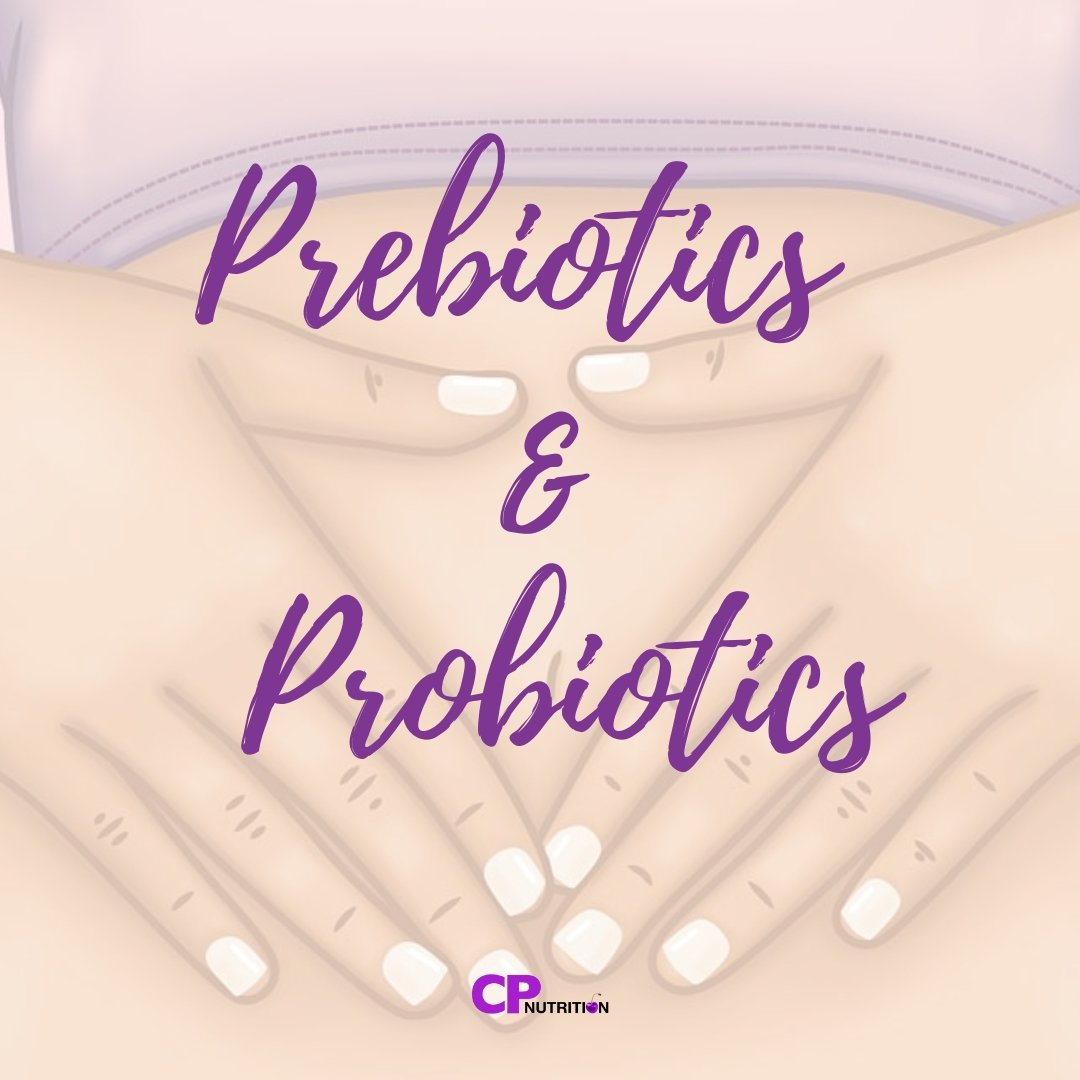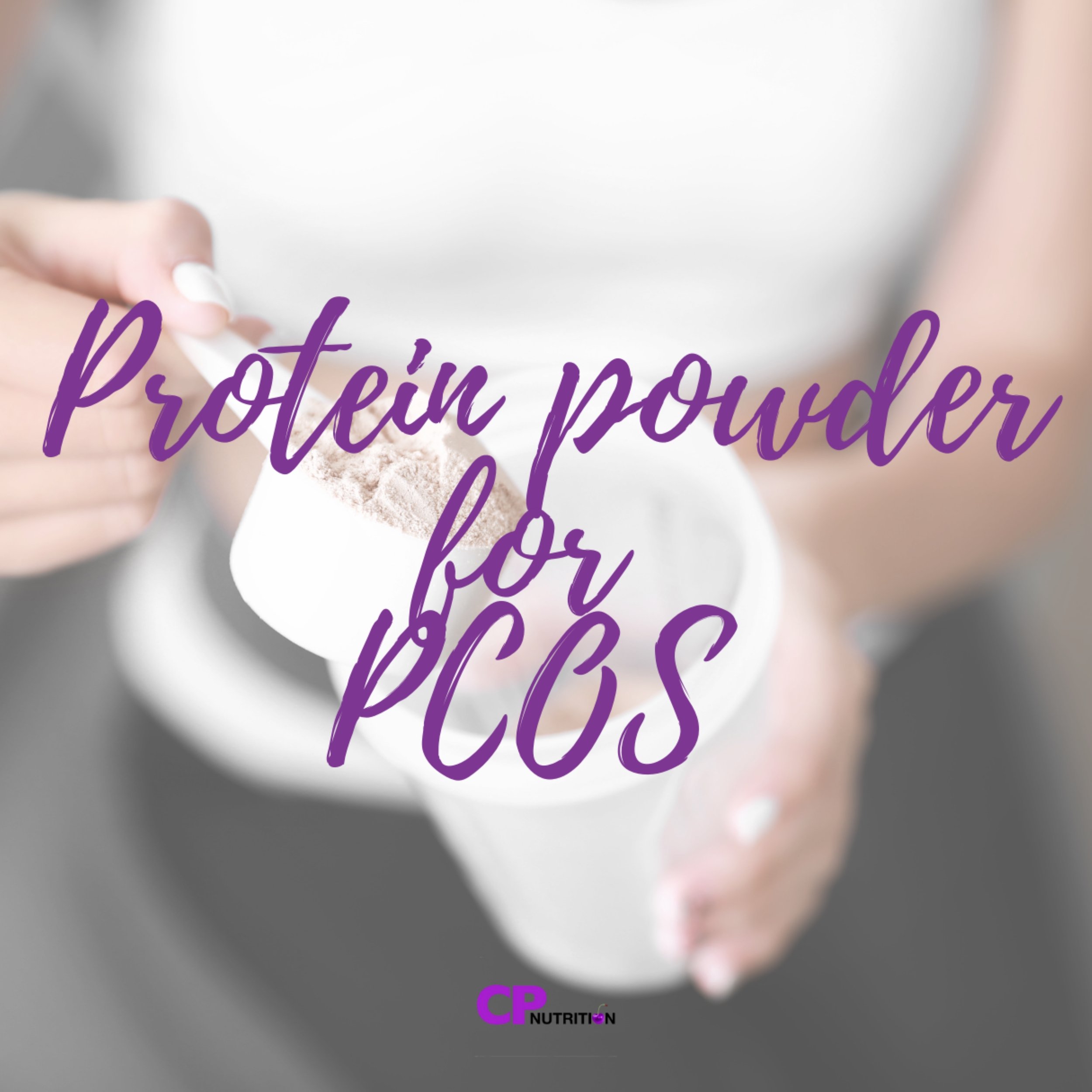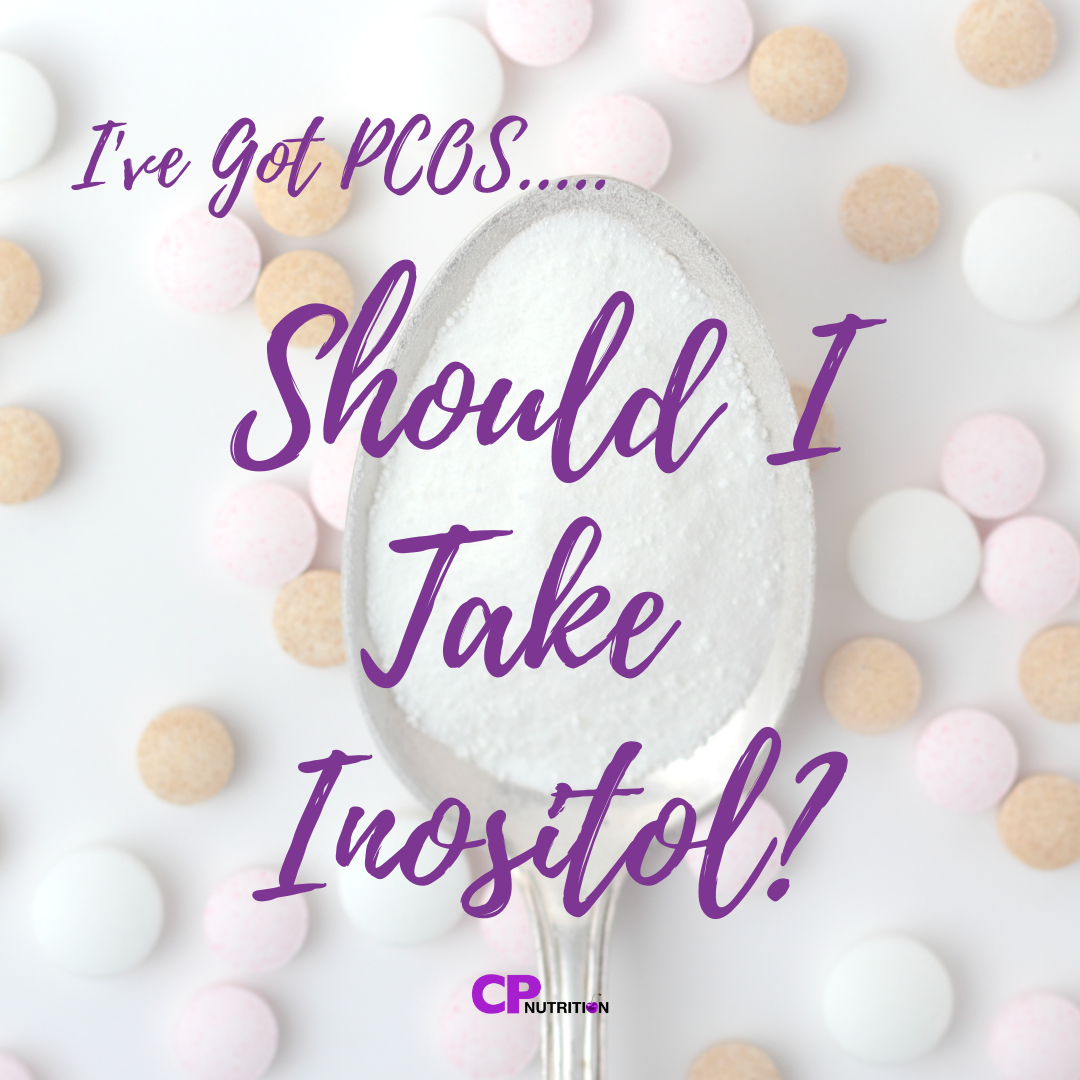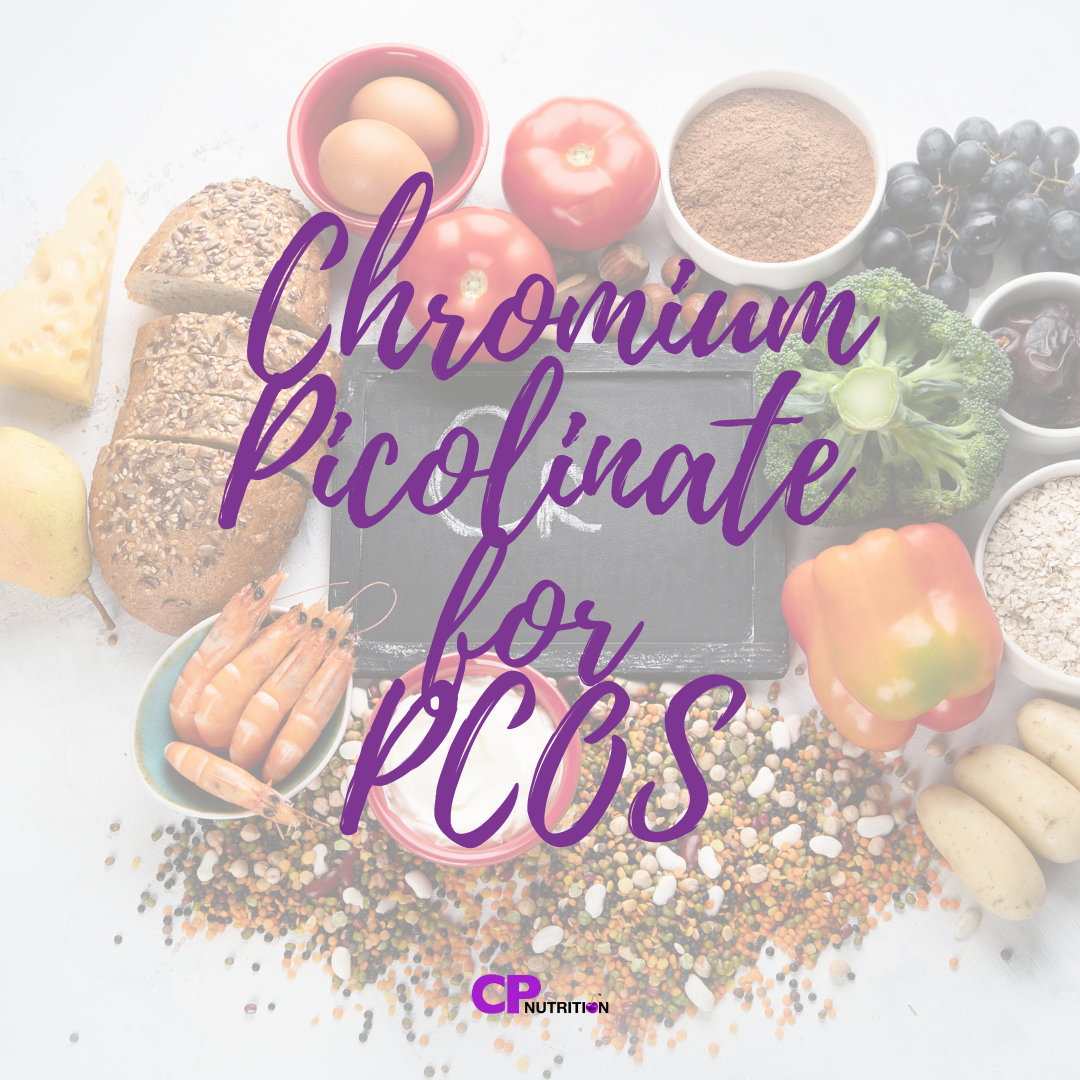
Welcome to the Blog ….

Breakfast Ideas For PCOS: Start Your Day Right
Do you often find yourself pushed for time in the morning, struggling for breakfast ideas? Maybe you’ve heard breakfast is the most important meal of the day but you’re still pondering “What should I eat for breakfast for PCOS”? If so, keep reading. This blog post explores if breakfast really is the most important meal of the day and gives some inspiration for PCOS breakfast ideas.

PCOS and Coffee
If you are anything like me then one of the first things you do in the morning is sip on a freshly brewed coffee. Like me, many of the people of the world enjoy coffee in the morning, but if you have PCOS then you may be wondering is coffee bad for PCOS? Or even is coffee good for PCOS? This blog looks at all things coffee and pcos and explores if coffee has any benefits for PCOS. Read on if you are a coffee lover like me!

PCOS & fatigue: What is the link between PCOS, sleep and fatigue?
Living with PCOS can be challenging and overwhelming. Its diagnosis is complicated and so are the symptoms associated with it. PCOS not only affects women’s health on many fronts, but it can also interfere with one of the most basic human needs: sleep.
If you have PCOS and feel constantly tired, this is the right post for you! Here, we will examine the link between PCOS and fatigue and how this can impact on your sleep, and we will look at possible ways to manage fatigue and the sleep disturbances associated with PCOS.

Navigating Gut Health: What is the Best Probiotic for PCOS?
With such a large amount of information about gut health available, it may feel overwhelming to find out how you can look after your gut health, especially with PCOS. You may have heard of prebiotics and probiotics, which are both commonly brought up in the gut health space.

Protein powder for PCOS: Are some better than others?
Protein is the most filling or satiating macronutrient, and including enough protein in your diet can help to manage PCOS symptoms such as hunger and cravings, as well as help stabilise blood sugars and manage insulin resistance. For some, it is not always easy to get enough protein through food alone, and using protein powders can be an easy way to supplement the amount of protein in your diet.
The protein powder industry has grown massively, and with so many options out there, you may be wondering, what is the best protein powder for PCOS? In this article we will explore some of the most common protein powders and explain some of the benefits and drawbacks of each one. Let’s dive in.

How Fibre Can Help PCOS
Fibre is a type of carbohydrate that can’t be digested by the human small intestine (1). All adults should aim to consume around 30g per day as part of a balanced diet, however recent studies have found that the average adult only consumes around 18g per day (2).
It can be difficult to meet the 30g a day guidelines if you don’t know the fibre content of the foods you typically eat, nor have the time to plan and prepare meals specifically to meet these recommendations. In this post we will discuss practical and easy ways to increase fibre intake and how this could help to ease some of your PCOS symptoms.

What is the Best Exercise for PCOS?
There are so many benefits of regular exercise including lowering the risk of heart disease, type 2 diabetes, stroke and some cancers plus exercise can boost self-esteem, mood, sleep quality and energy.
But when it comes to PCOS, there is a lot of confusion surrounding what exercise people should be doing to help with symptom management.

PCOS & Eating Disorders
People with PCOS are more likely to have an eating disorder; in one study 21% of women with PCOS reported eating disorders compared to 4% of those without PCOS (3).

Why Fad Diets Won’t Help Your PCOS
With 54% of people resolving to eat healthier and 59% vowing to eat healthier in the New Year it isn’t surprising that diet and weight loss companies prey on people at this time of year and promote a variety of quick fixes to weight loss.

Managing Carbohydrate Cravings with PCOS
Carbohydrate cravings are a common feature of PCOS.
Cravings are the desire for a certain food or a certain taste or texture. Cravings are completely normal and it is okay to eat to satisfy your cravings. Up to 95% of people with PCOS have insulin resistance (3), and the development of insulin resistance is often accompanied by intense carbohydrate cravings.

Do I Have to Go Dairy Free for PCOS?
With 17.4% of people with PCOS going dairy-free in an attempt to manage their symptoms (1) it can be tempting to cut out milk, cheese and yogurt and swap to non-dairy options.
Polycystic ovary syndrome (PCOS) is a chronic hormone disorder impacting 1 in 10 women in the UK (2). There are a variety of symptoms associated with PCOS including acne, oily skin, rapid weight gain, irregular periods, difficulty getting pregnant, excess hair growth and hair loss on the head (3).

Do I Need to Go Gluten-Free for PCOS?
Have you considered going gluten-free to manage your PCOS? You are not alone. Over 18% of people with PCOS said they were on a gluten-free diet to manage PCOS.

Simple lifestyle tips to help manage your stress levels and improve your PCOS symptoms.
Stress is an important area for women with PCOS as it has been suggested PCOS is associated with an increased production of cortisol (the stress hormone), which causes levels in the body to be dysregulated.

Do I Need to Go Carb-Free for PCOS?
If you’ve been diagnosed with PCOS you may have seen advice to go carb-free or low-carb or try diets like Keto and Atkins. But why is this dietary advice so commonly seen for people with PCOS and is there any truth behind it?

Do I need to Supplement with Inositol for PCOS?
If you have PCOS then you may be overwhelmed with the choice of supplements out there which claim to help manage your symptoms and you may have heard of the supplement inositol and wondered if it could work for you. But what is inositol?

Why is it Important to Include Dietary Protein with PCOS?
Although there is no one way of eating for PCOS or a PCOS diet, there are several gentle nutrition tips we can implement into our diet to help with symptom management. One of these strategies is increasing the amount of dietary protein in the diet.

Should I Take Omega-3 Supplements for PCOS?
If you have PCOS then you may be overwhelmed with the choice of supplements out there which claim to help manage your symptoms.
Omega-3 fatty acids are well known for their health benefits, especially around heart and brain health, but are they beneficial for PCOS?

Do I Need to Take Chromium Picolinate for PCOS?
Chromium picolinate is a supplement consisting of trivalent chromium and picolinate acid. Trivalent chromium is typically considered an essential trace mineral as we can’t make it in the body. Picolinate acid is an organic compound added in order to enhance gut absorption (1).

Do I Need to Take Zinc for PCOS?
Zinc isn’t one of the main supplements recommended for people with PCOS and may not be on your radar. But there are some studies suggesting that people with PCOS have lower levels of zinc (1) so should we be supplementing with zinc too?

Do I Need to Take Magnesium for PCOS?
If you have PCOS then you may be overwhelmed with the choice of supplements out there which claim to help manage your symptoms.
Magnesium is a mineral that helps us turn the food we consume into energy plus helps our parathyroid glands work properly.
Follow Claire @CP_NutritionRD





